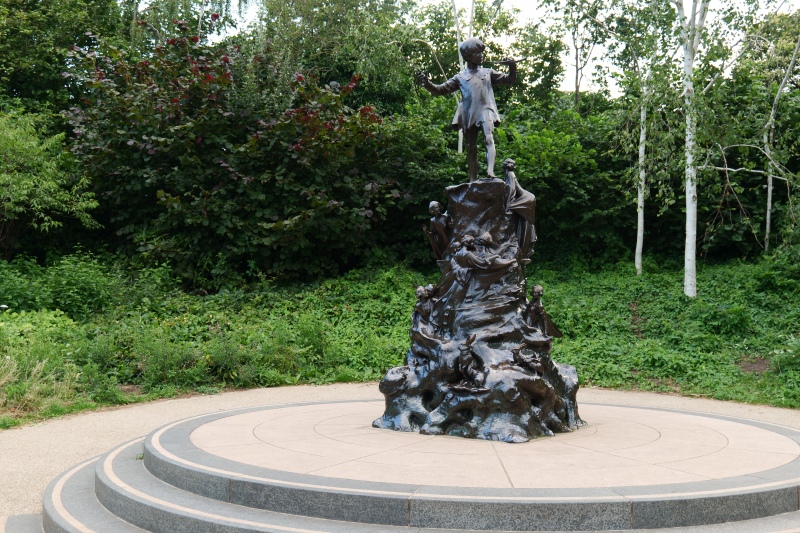In many situations, it is a nice role to be the go-to person in a team. Being in such a role often brings admiration and a sense of power that comes from the idea that one is needed by others. A feeling that is mirrored in a sense of being useful.
However, that sense of power quickly becomes conditional. What if one loses the competence or position that brought admiration?
Whether it is an implicit or explicit hierarchy, leaders receive a lot of projections. When the leader is appreciated, and things are going well, he will receive admiration. When things don’t go well, there is a good chance that instead of admiration it is blame he will receive.
Humbleness is a powerful antidote. It will not necessarily transform the projections one receives, but it will help one to be grounded in the team. Humbleness comes with a reminder that one can be in a state of being lower in rank than others and that one can have a modest opinion of oneself. It doesn’t mean to deny one’s ability and achievements. Nor does it mean to assume one is of lower rank than others. It means knowing that there always will be situations in which this is the case and others in which it isn’t the case.
It also means knowing how one contributes to the team, without becoming attached to the team needing these contributions.


